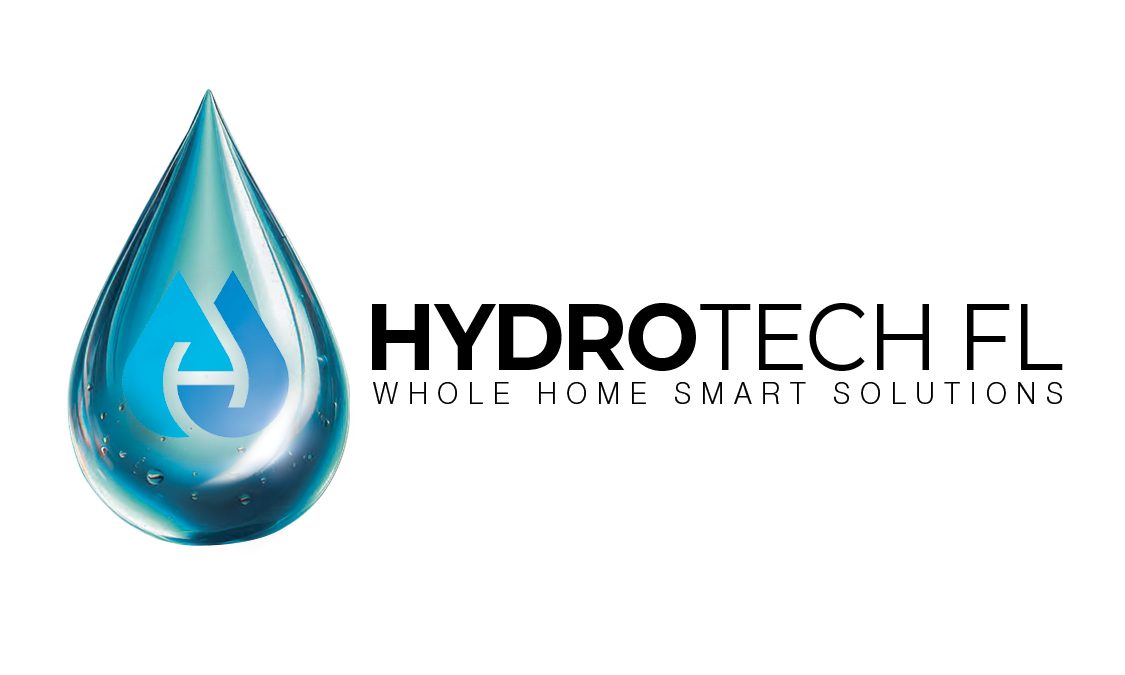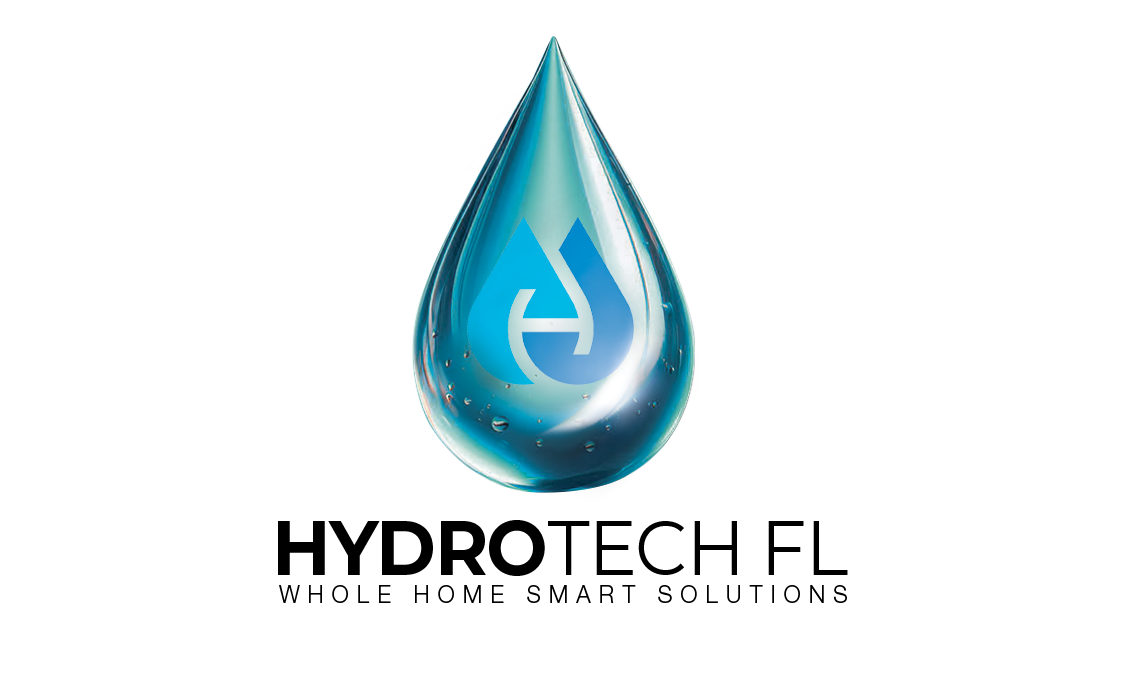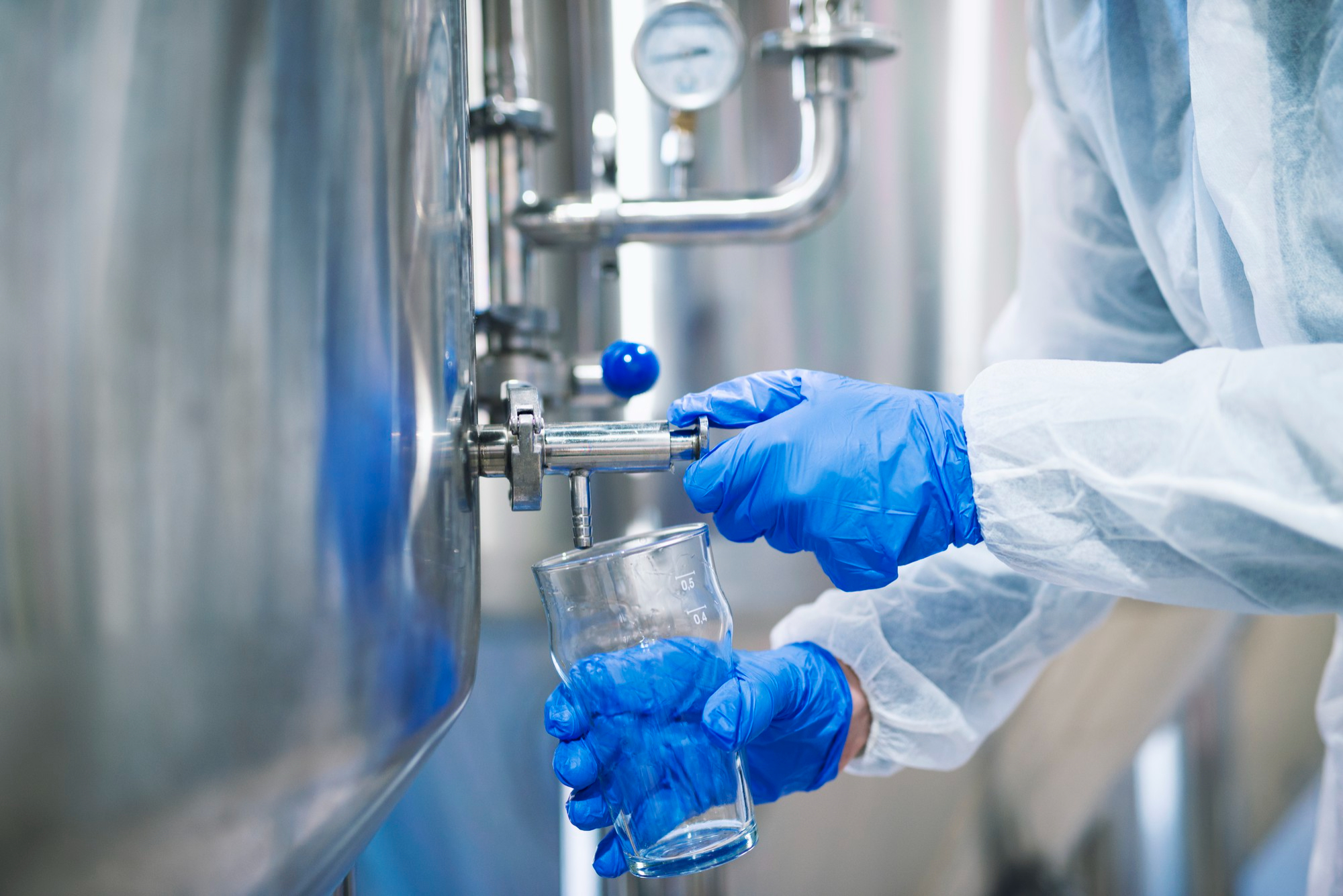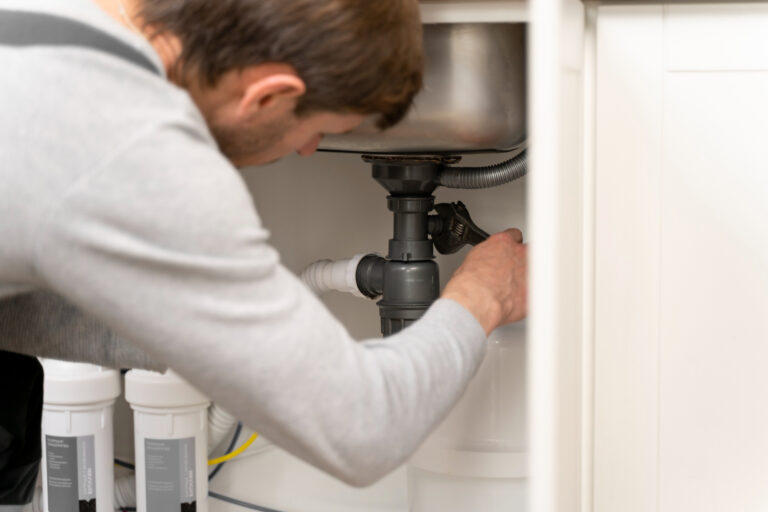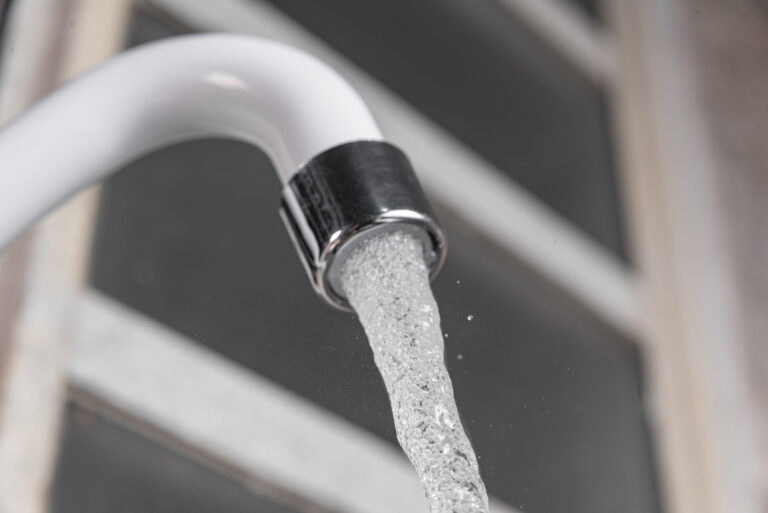As Florida homeowners concerned with water quality, you’ve likely heard of reverse osmosis (RO) and water softening systems touted as options. But with different technologies addressing separate issues, which method makes the most sense?
At HydrotechFL, we understand the unique water challenges across our Sunshine State and frequently help residents determine the right solution. Reverse osmosis and softening each have pros when applied properly, but one generally provides more overall value depending on your location’s specifics.
Let’s explore the key differences so you feel empowered in choosing a system that best supports your family’s long-term needs. Knowledge is power, and our goal isn’t to sell but rather to educate about the most optimized hydration based on individual factors.
How They Work
A water softener passes hard water through an ion exchange resin beads containing sodium ions. As hardness minerals like calcium attach to resin, sodium replaces them in softened water flow.
RO uses a semi-permeable membrane filter forcing tap water under pressure through tiny pores removing dissolved compounds and contaminants while letting H2O molecules pass to a storage tank.
What They Treat
A softener specifically targets and removes calcium/magnesium metals causing hard water issues like soap scum or scale deposits from minerals left behind during evaporation.
RO rids water a much broader array of dissolved solids including total dissolved solids, nitrates, sodium, arsenic, and other heavy metals/contaminants passing easily through traditional carbon block filters.
Best Areas of Use
Softening shines where hard water is problematic, found throughout Florida’s porous limestone geology yielding 10-30+ grain hardness.
RO makes sense near industrial zones or where desirable TDS levels regularly exceed 500ppm total dissolved solids, common in some coastal or agricultural regions with brackish aquifers.
Downsides
Softening adds sodium to water balanced through low-sodium recharging. Some on salt-restricted diets may prefer RO for drinking. Softening does nothing against viruses/bacteria.
While RO removes essentially all dissolved solids, it wastes 75% of water to operate and requires periodic expensive membrane replacements. Without remineralization, it can leach important minerals from your body.
Most Efficient Solution
For typical Florida home use away from unique contaminant risks, a softening system alone addresses hardness issues like soap scum and mineral deposits while neglecting RO’s downsides. It provides optimized value long-term.
Adding an RO drinking water station taps soft water supply for further health assurances against any trace elements while minimizing waste. But proper softening corrects the source of hardness impacting your entire home.
HydrotechFL helps determine the right solution customized for your family and property. We offer flexible financing and lifetime support from knowledgeable technicians living nearby. Complimentary water testing ensures an optimized recommendation, not an overpriced system.
Contact us today for a consultation. Let our experience go to work for you with Florida’s best value in worry-free hydration and protection for all your plumbing infrastructure. Your well-being and investment are priorities we take seriously.
